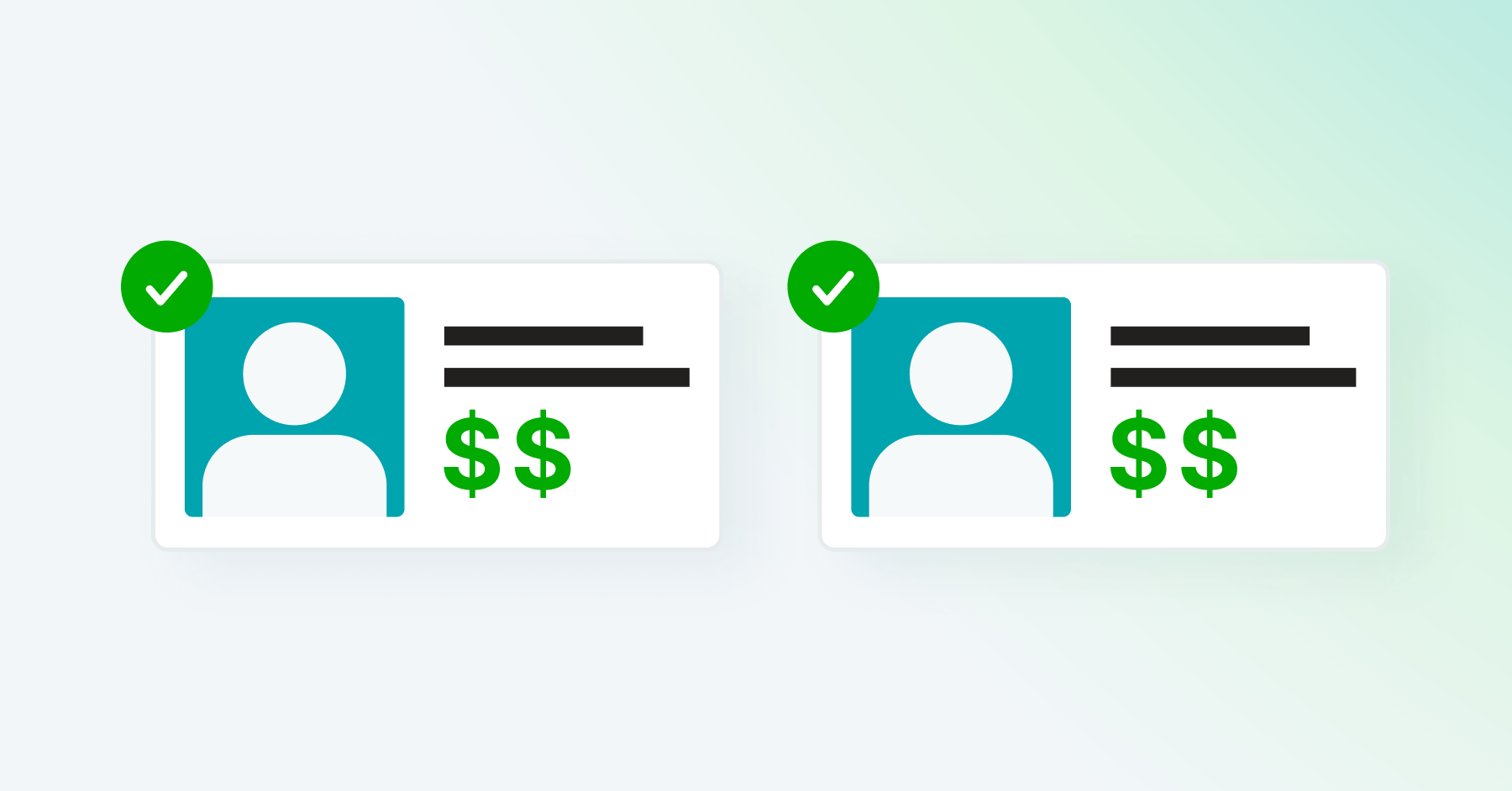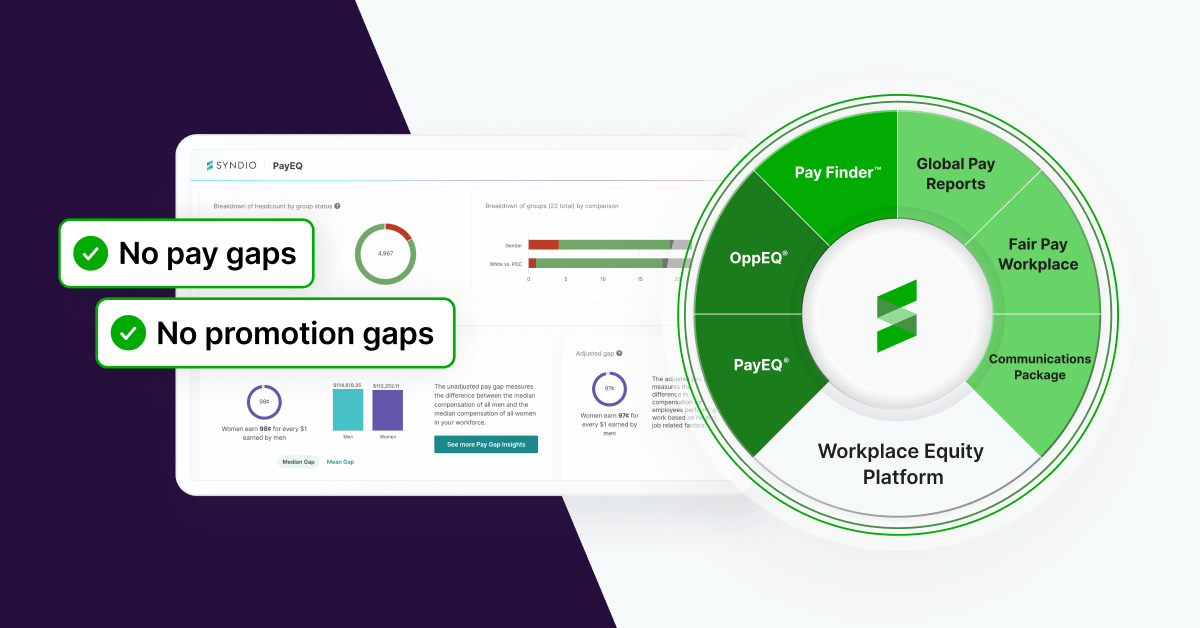Simply put, opportunity equity means that all employees have equal access to opportunities for employment, advancement, and development — regardless of gender, race, or other factors.
But the data show that this is often not what happens.
Some groups of people get hired, advance, and stay at the company at lower rates than others — after controlling for factors like skills, performance, and tenure. This means that not all employees have equal access to the same opportunities. This can impact employees of any race or gender.
Opportunity disparities increase legal risk and impact employee morale — and ultimately drive lower engagement and higher attrition. They also mean that companies aren’t getting the most out of their human capital investments, directly impacting the bottom line.
When companies do get opportunity equity right, they see better employee retention rates and improved recruiting results, improved problem solving, and better overall performance.
Opportunity equity has become a focus for organizations seeking to reap these benefits as well as prepare for expanding pay transparency legislation.



